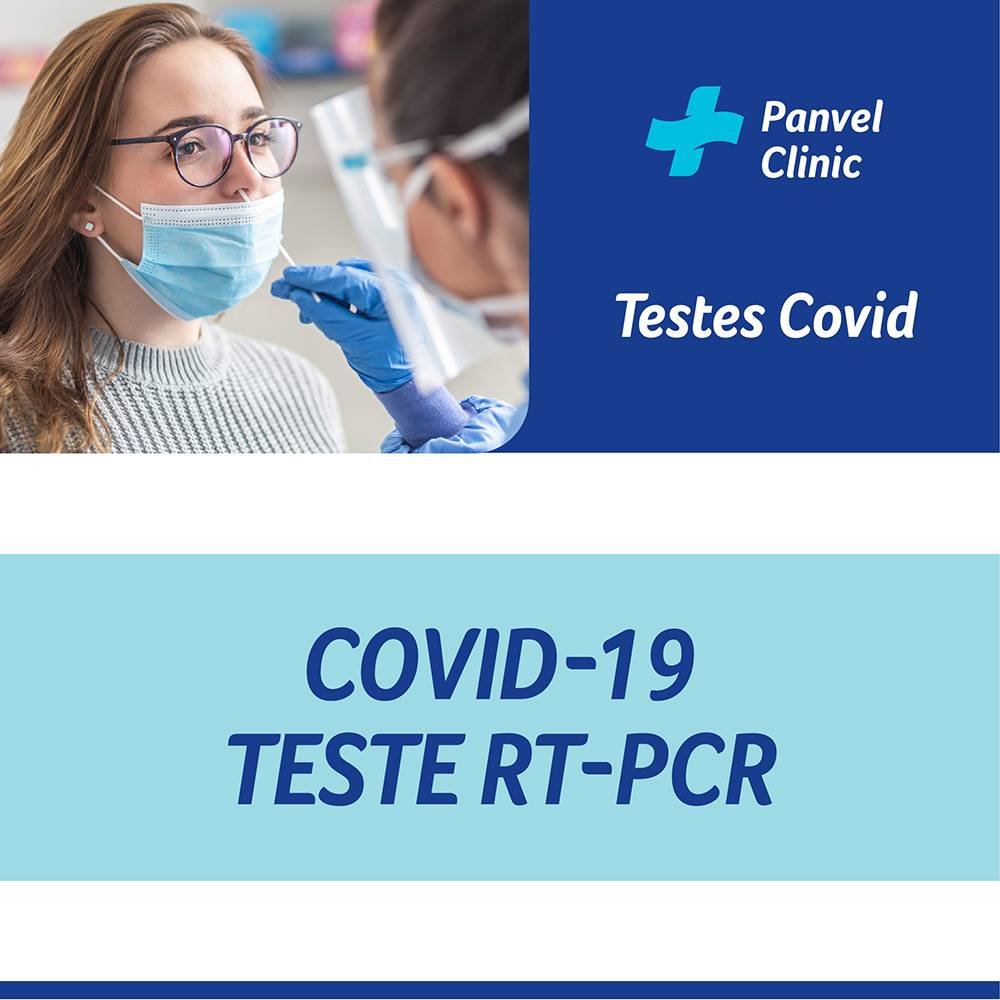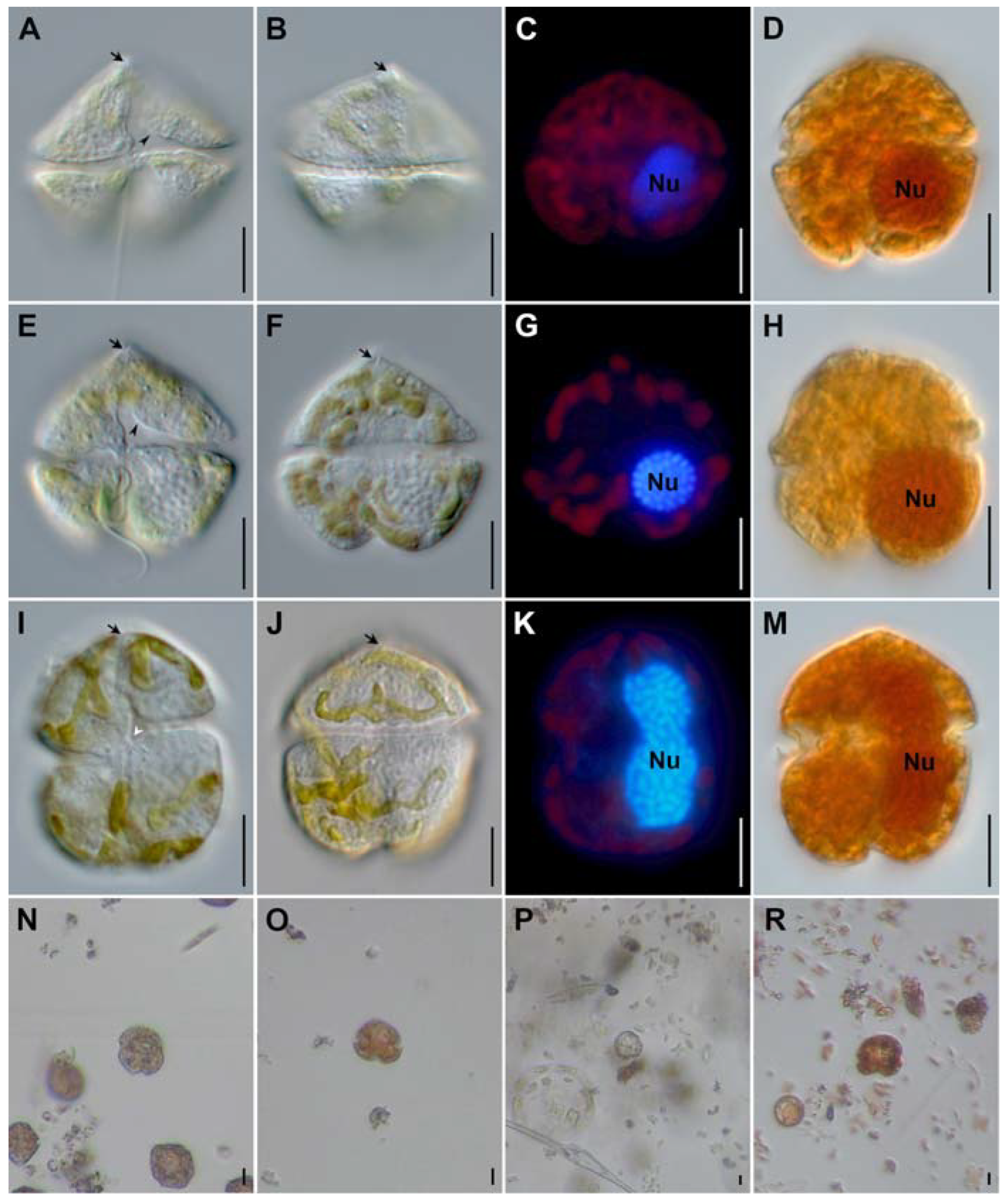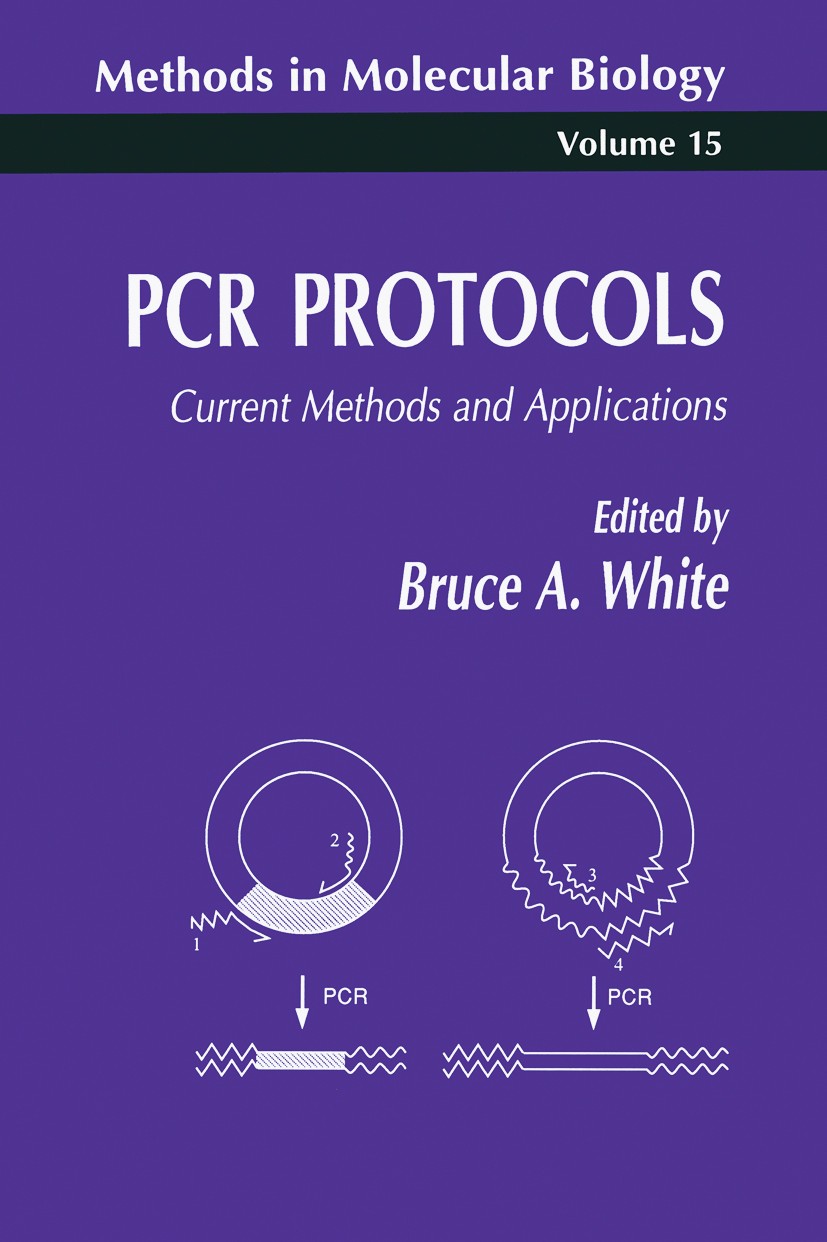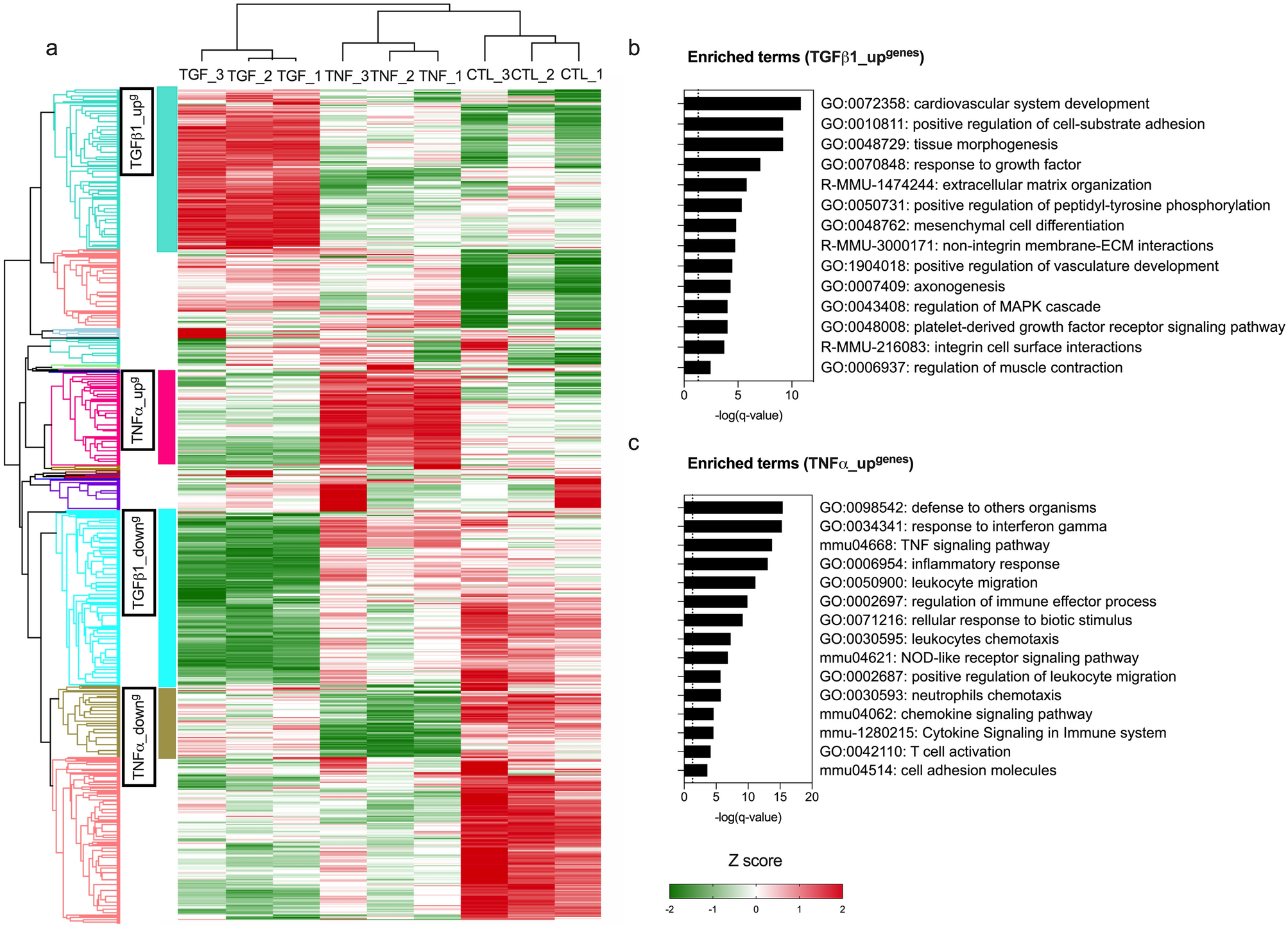Pathogens, Free Full-Text
Por um escritor misterioso
Last updated 10 novembro 2024
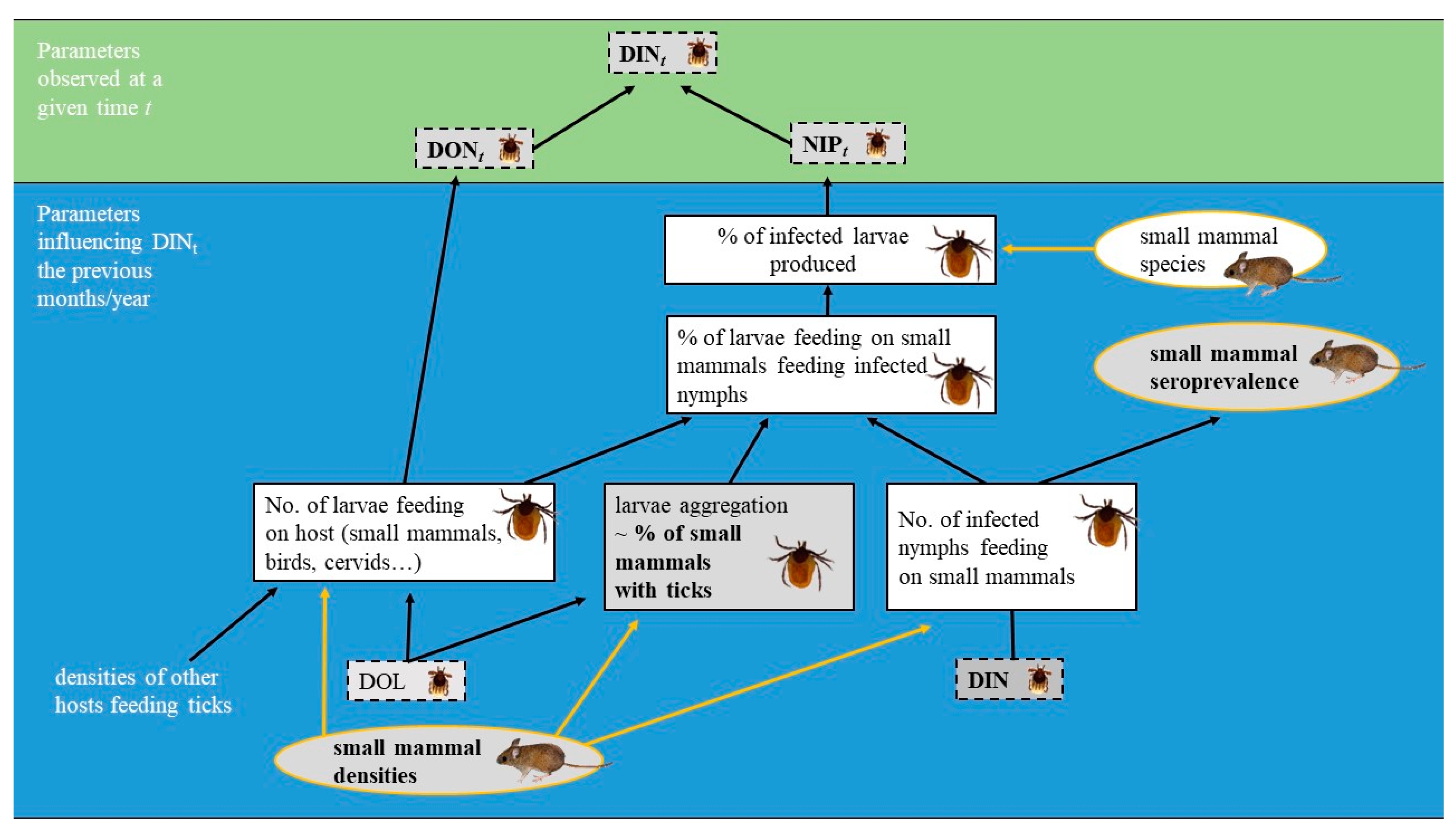
A greater knowledge of the ecology of the natural foci of tick-borne encephalitis virus (TBEV) is essential to better assess the temporal variations of the risk of tick-borne encephalitis for humans. To describe the seasonal and inter-annual variations of the TBEV-cycle and the epidemiological parameters related to TBEV nymph-to-larva transmission, exposure of small mammals to TBEV, and tick aggregation on small mammals, a longitudinal survey in ticks and small mammals was conducted over a 3-year period in a mountain forest in Alsace, eastern France. TBEV prevalence in questing nymphs was lower in 2013 than in 2012 and 2014, probably because small mammals (Myodes glareolus and Apodemus flavicollis) were more abundant in 2012, which reduced tick aggregation and co-feeding transmission between ticks. The prevalence of TBEV in questing nymphs was higher in autumn than spring. Despite these variations in prevalence, the density of infected questing nymphs was constant over time, leading to a constant risk for humans. The seroprevalence of small mammals was also constant over time, although the proportion of rodents infested with ticks varied between years and seasons. Our results draw attention to the importance of considering the complex relationship between small mammal densities, tick aggregation on small mammals, density of infected questing nymphs, and prevalence of infected nymphs in order to forecast the risk of TBEV for humans.

Costa Rica Shapefiles Free - Colaboratory

Pathogens and Disease
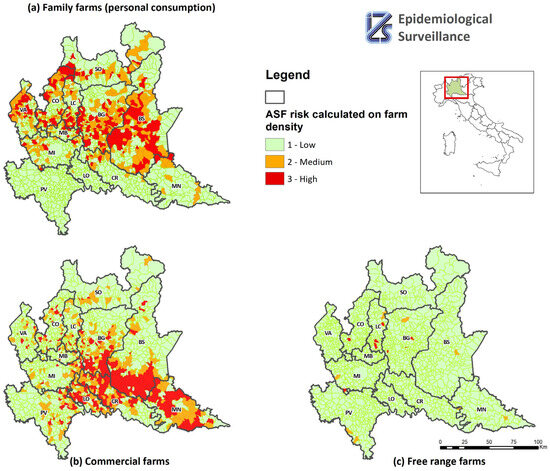
Pathogens An Open Access Journal from MDPI

SOLUTION: Ati vocabulary full 2023 2024 - Studypool
Product Specifications: Poster size 18” x 24” Front and back sides are laminated Quality printing in full color
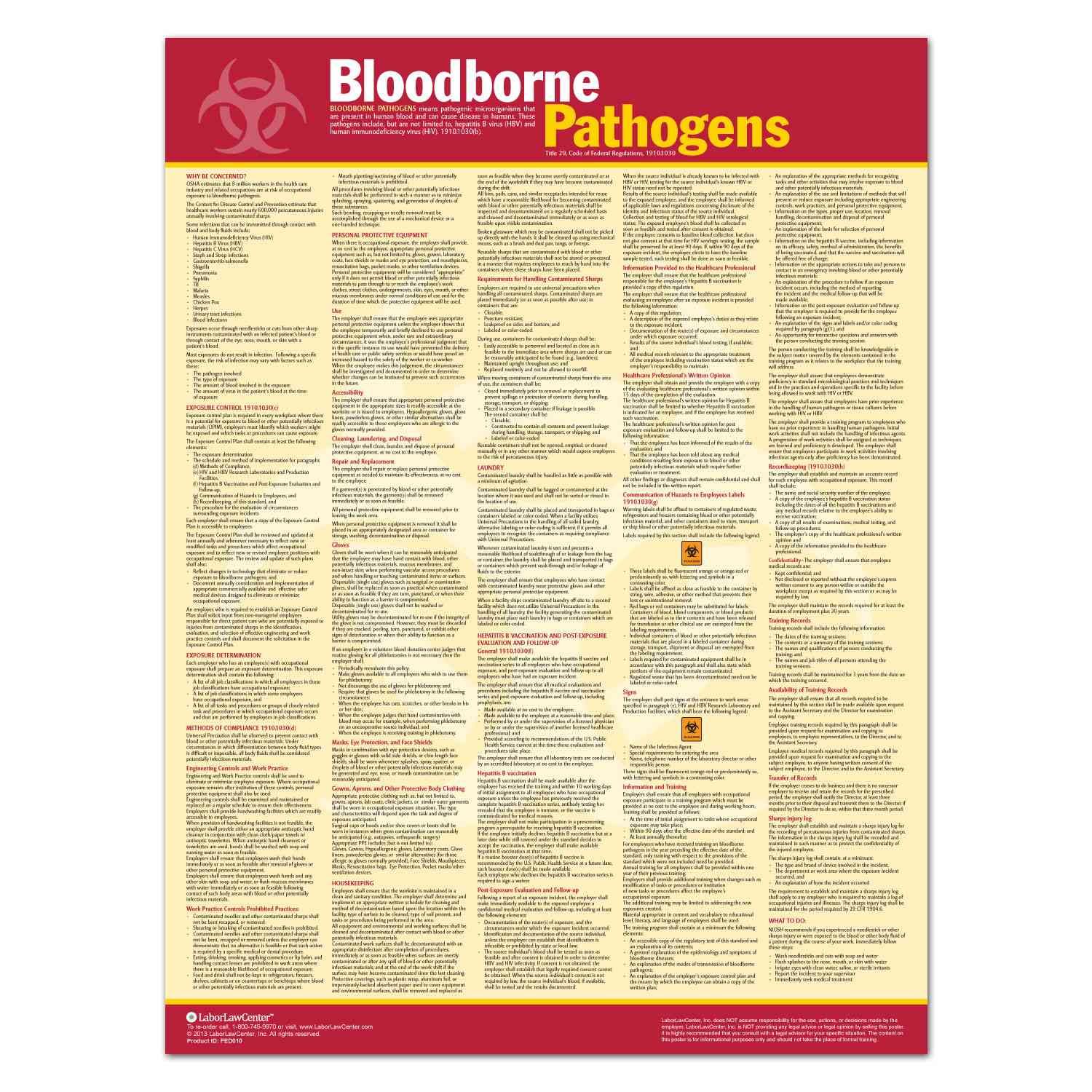
Bloodborne Pathogens Poster
Lung lysophospholipase activity in specific-pathogen-free rats

Host and Pathogen Factors for Clostridium difficile Infection and
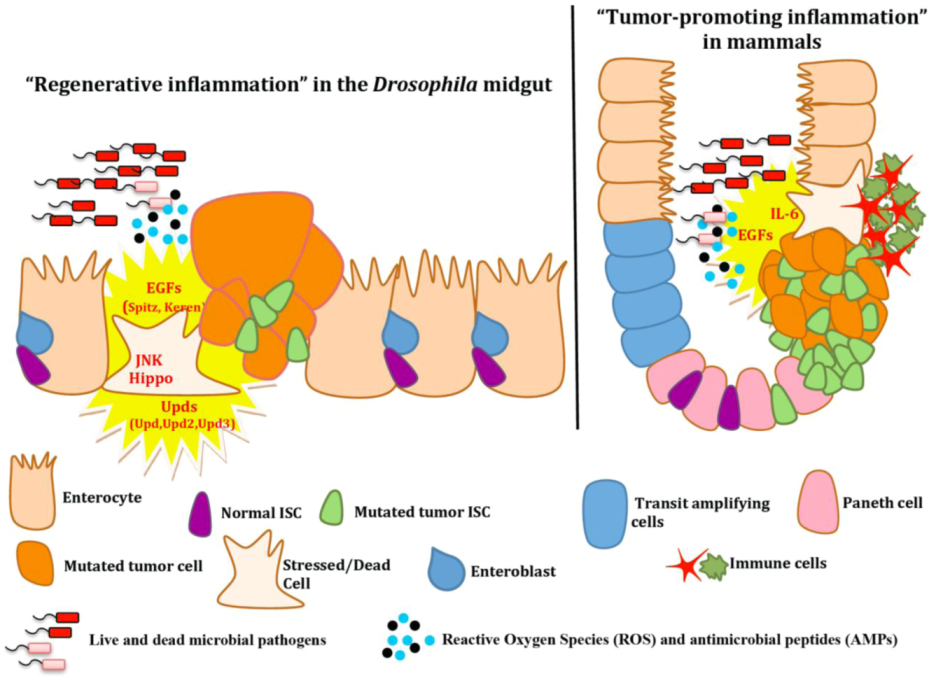
Pathogens, Free Full-Text

Hospital-Acquired Infections Due to Gram-Negative Bacteria

A culture-free biphasic approach for sensitive and rapid detection

Microbiome-pathogen interactions drive epidemiological dynamics of
Recomendado para você
você pode gostar



